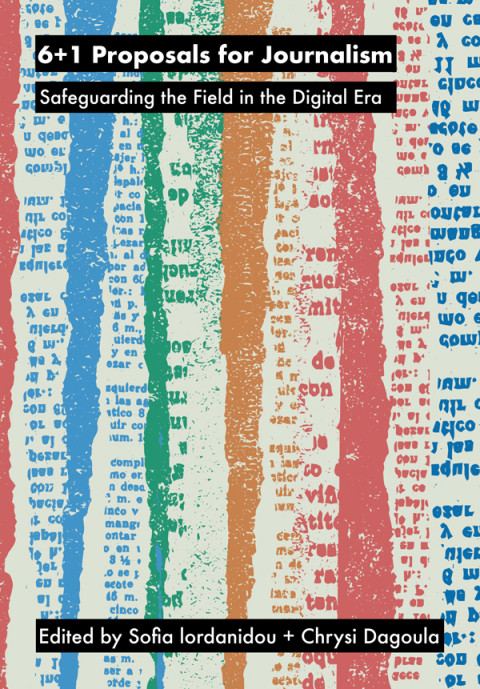

Most ebook files are in PDF format, so you can easily read them using various software such as Foxit Reader or directly on the Google Chrome browser.
Some ebook files are released by publishers in other formats such as .awz, .mobi, .epub, .fb2, etc. You may need to install specific software to read these formats on mobile/PC, such as Calibre.
Please read the tutorial at this link: https://ebookbell.com/faq
We offer FREE conversion to the popular formats you request; however, this may take some time. Therefore, right after payment, please email us, and we will try to provide the service as quickly as possible.
For some exceptional file formats or broken links (if any), please refrain from opening any disputes. Instead, email us first, and we will try to assist within a maximum of 6 hours.
EbookBell Team

0.0
0 reviewsThis book is essentially a dialogue – each chapter contributes to this dialogue, by highlighting the crisis elements and by pointing to direct proposals. The idea for the present volume emerged through a respective conference – the proposals presented in this book are the direct result of the Advanced Media Institute’s Conference in Thessaloniki, Greece, entitled “Media, Polis, Agora: Journalism & Communication in the Digital Era” (AMIRetreat2018), held in September 2018. The outcome of the intensive and fruitful collaboration between academics and media professionals was the identification of seven key areas that pose obstacles to journalism’s progression, but also indicate the steps we need to take to safeguard and enhance journalism. These areas vary from the current employment conditions and the dominance of “web giants” over crowdfunding, the closer collaboration of professionals and academia, the need to advance our media literacy efforts, and of course, elements of media regulation (as for example, the institution of “Media Ombudsman”).
The starting point for the book is the Greek context. However, the book goes beyond Greece alone. In this context Greece is regarded as part of an international journalistic context that resides within to the crisis narrative, the new opportunities and the proposed solutions. Greece offers an interesting point of departure not only because the financial crisis was/is evidently interlinked to
…